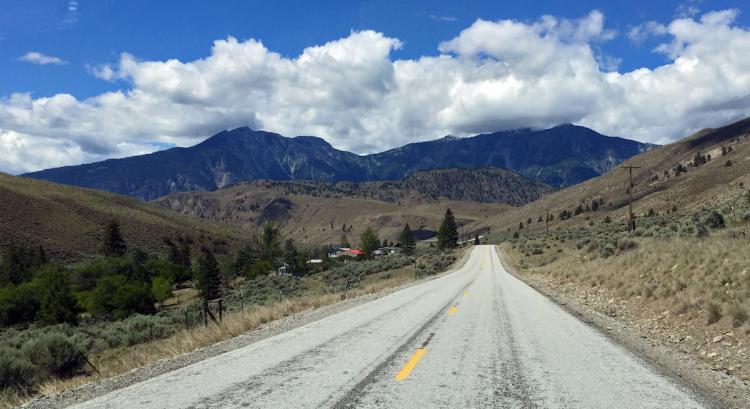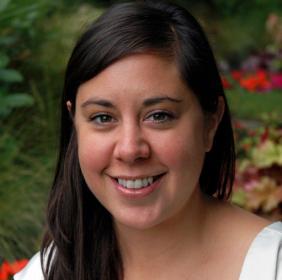As published in Dimensions, the Magazine of the UW Alzheimer's Disease Research Center - Fall 2017 (Download the PDF or Read Online). This is Part 2 of a series on ADRC work in Native American populations. Read Part 1: Native Knowledge: Addressing Brain Aging and Alzheimer's in American Indian and Alaska Native Communities
In an ambitious collaboration, the ADRC’s Outreach & Education Core (ORE) researchers aim to address the lack of information about brain aging and dementia in American Indian and Alaska Native communities in the local Seattle area and tribally operated land in Washington State. They hope to foster culturally responsive clinical care and interest in research participation.
Meghan Jernigan (Choctaw Nation of Oklahoma), a staff scientist at WSU Partnerships for Native Health (P4NH) and project leader of the UW ADRC ORE Core, wants to open a dialogue, in hopes of building an understanding of the knowledge, attitudes, and cultural beliefs about dementia within Native communities. At local pow wows, she has administered over 400 surveys to assess basic knowledge about Alzheimer’s disease and dementia, such as risk factors, caregiving, treatment management, and feelings about research and brain donation.
“We noticed that folks are not entirely familiar with the medical terms of dementia,” says Jernigan. “But, that’s not very surprising. When we performed resource inventories of clinics serving Native populations, we found that none of them offered pamphlets or informational material about dementia.”
Already, the ORE Core team has created brochures and a series of wall posters for local clinics, in collaboration with the Alzheimer’s Association WA State Chapter and the Seattle Indian Health Board. Jernigan regularly visits local clinics to ask about the need for these resources, and finds many opportunities to distribute them.
“We want get people talking about dementia and why is it an important health issue for families and the public. Ultimately, we would like to make basic public health improvements, such as increasing peoples’ access to appropriate screening at the right time and linking them with resources. We want folks to feel as though they know what questions to ask their primary care providers.”
In tandem, Dr. Kimiko Domoto-Reilly, Principal Investigator of the ADRC’s ORE Core and neurologist at the UW Memory and Brain Wellness Center (MBWC), is working to develop dementia care training programs for the staff at clinics serving Native communities.
“We want to educate care providers, so that they are able to make diagnoses, but also offer answers for families who ask 'What’s next?',” says Dr. Domoto-Reilly. To do so, the ORE Core has designed an educational and training module for clinicians, with help from UW Medicine’s Drs. Kristoffer Rhoads and Barak Gastner.
The ORE Core also wants to understand why people from Native communities don’t participate in Alzheimer’s disease research studies or brain donation. ADRC researchers have long tried to increase the diversity of their clinical cohort in order to learn about the factors of risk, and also resilience, unique to these communities.
In collaboration with the ADRC’s neuropathologist Dr. Dirk Keene, the team developed a scientific presentation tailored for patients at community clinics serving native communities. The presentation offers basic facts about Alzheimer’s disease research, as well as a sense of what it means to participate in longitudinal clinical studies and brain donation.
Afterwards, they will conduct focus groups to unpack what the attendees think about the science. They hope to explore the unique concerns that may influence decisions around brain donation, such as conflict with cultural norms and expectations about what to do with the body of a loved one after death.
“We want to communicate that the more diverse the pool of research participants, the closer we will get to cures that can work for everyone,” says Jernigan. “Through the focus groups and our dialogue with the community and tribal leaders, we are hopeful that we can identify the points of disconnection and work to build partnerships.”
Learn More
> WSU Partnerships for Native Health (P4NH)
> UW ADRC Outreach, Recruitment, and Education Core (ORE)







